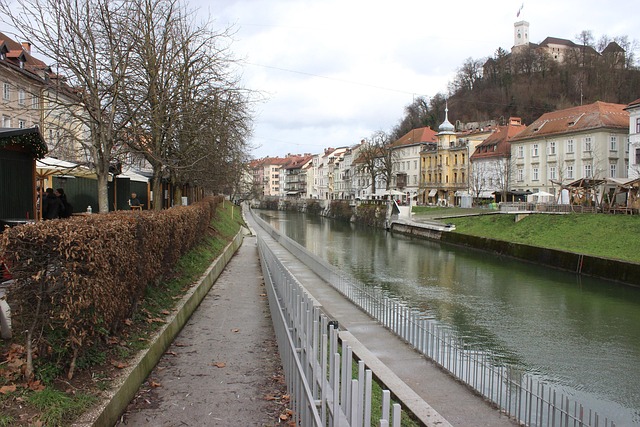Scheme 33, a pioneering project in Karachi, aims to transform private education by setting new academic standards and making quality learning accessible to all. Through strategic partnerships, it fosters critical thinking, creativity, and holistic growth among students using modern teaching methods and technology. Targeting low-income families, the scheme democratizes education, offering subsidized fees and scholarships. Despite its success, continuous coordination and evaluation are vital to maintain educational quality and adapt to Karachi's evolving needs.
“Discover Karachi’s transformative educational initiative, Scheme 33, aimed at revolutionizing private education. This innovative program offers a unique opportunity for families seeking high-quality learning experiences. In this comprehensive guide, we explore its core elements: from eligibility criteria to the curriculum’s design. Uncover how Scheme 33 benefits students and navigates challenges, shaping Karachi’s educational tapestry with diverse, quality-driven options.”
- Understanding Scheme 33: A Glimpse into Karachi's Private Education Initiative
- Eligibility and Enrollment: Who Can Benefit from This Scheme?
- The Curriculum and Teaching Methodology: Unlocking Potential through Quality Education
- Benefits and Challenges: Evaluating the Impact of Scheme 33 in Karachi's Educational Landscape
Understanding Scheme 33: A Glimpse into Karachi's Private Education Initiative

Scheme 33 is a groundbreaking initiative by Karachi, focusing on transforming private education in the city. This innovative program aims to set new standards for educational excellence and accessibility. By implementing a series of strategic measures, it seeks to enhance the overall learning experience for students across Karachi’s diverse educational landscape.
The scheme promotes collaboration between schools, educators, and parents, fostering an environment that encourages critical thinking, creativity, and holistic development. With a special emphasis on technology integration and modern teaching methodologies, Scheme 33 is poised to equip students with the skills needed for the 21st century. This initiative reflects Karachi’s commitment to providing high-quality education and ensuring a bright future for its youth.
Eligibility and Enrollment: Who Can Benefit from This Scheme?

In Karachi, the Private Schools Scheme 33 is designed to offer a unique educational opportunity for students from disadvantaged backgrounds. This scheme is open to children who are residents of Karachi and belong to low-income families or those registered with relevant government welfare programs. The primary goal is to ensure access to quality education for all, bridging the gap often faced by economically challenged families in seeking private school enrollment.
Students can be enrolled through a structured application process where proof of residency and financial status is required. This ensures that the benefits reach the intended beneficiaries directly. The scheme aims to provide a nurturing environment, offering not just academic excellence but also extracurricular activities to foster holistic development.
The Curriculum and Teaching Methodology: Unlocking Potential through Quality Education

In the vibrant educational landscape of Karachi, Scheme 33 private schools stand out for their commitment to quality education and innovative teaching methodologies. The curriculum designed for these institutions is a carefully crafted blend of academic rigor and practical application, tailored to unlock the potential of each student. Through interactive and engaging lessons, students are encouraged to think critically, solve problems creatively, and develop a deep understanding of subjects ranging from sciences to arts.
The teaching approach in Scheme 33 schools is centered around fostering a love for learning. Teachers utilize modern instructional technologies, hands-on activities, and collaborative projects to create an immersive educational environment. This dynamic methodology not only enhances knowledge retention but also prepares students for the challenges and opportunities they will encounter in their future academic and professional pursuits, making them well-rounded individuals ready to contribute positively to Karachi’s diverse society.
Benefits and Challenges: Evaluating the Impact of Scheme 33 in Karachi's Educational Landscape

Scheme 33, a pioneering initiative in Karachi’s educational sector, has brought about significant changes since its inception. One of its key benefits is the improved access to quality education for students from diverse socio-economic backgrounds. By offering subsidized fees and scholarships, the scheme has democratized access to private school education, previously considered exclusive. This shift is particularly impactful in a bustling metropolis like Karachi, where educational opportunities were once limited to a select few.
However, navigating Scheme 33 also presents certain challenges. Implementing and managing such a large-scale program requires meticulous coordination between schools, sponsors, and government bodies. Ensuring fair distribution of resources and maintaining educational standards across all participating institutions is no easy task. Moreover, the scheme’s success relies heavily on continuous evaluation and refinement to address emerging needs and challenges within Karachi’s ever-evolving educational landscape.
Scheme 33 has emerged as a transformative initiative by Karachi’s private education sector, offering a promising path towards enhancing access to quality education. By focusing on curriculum innovation and inclusive enrollment practices, this scheme is making a significant impact on the educational landscape of the city. While challenges remain, the benefits are clear, providing students with improved learning opportunities and fostering a more diverse and vibrant educational environment in Karachi.
